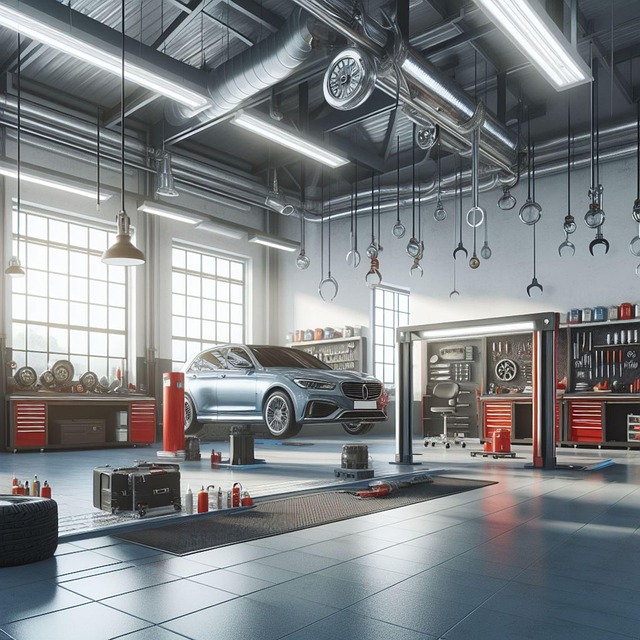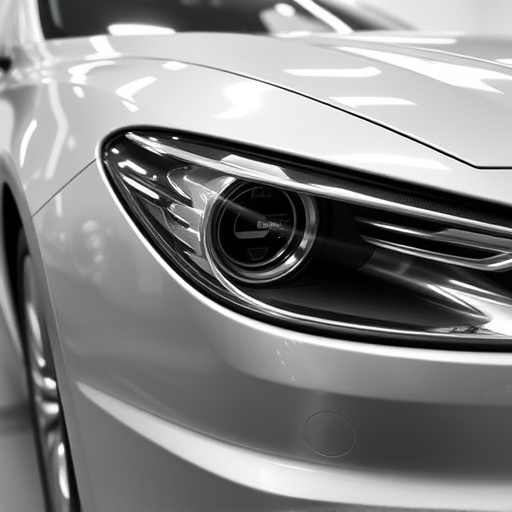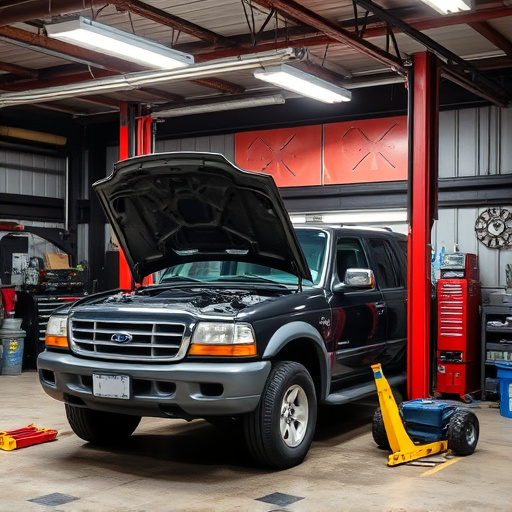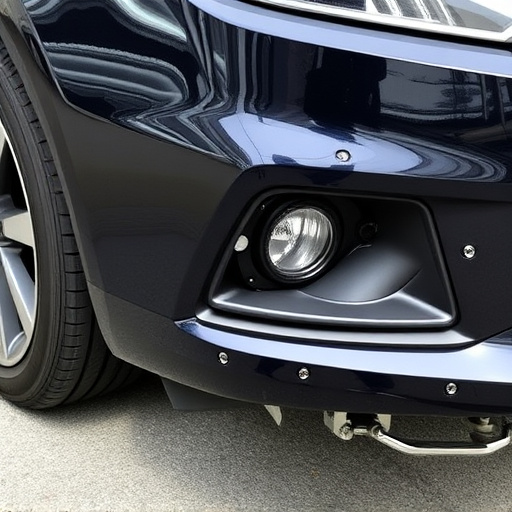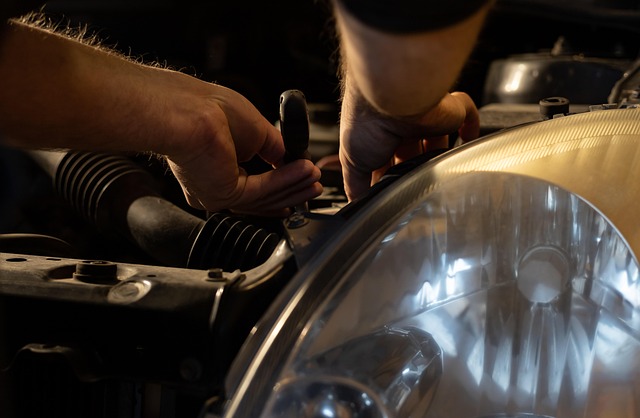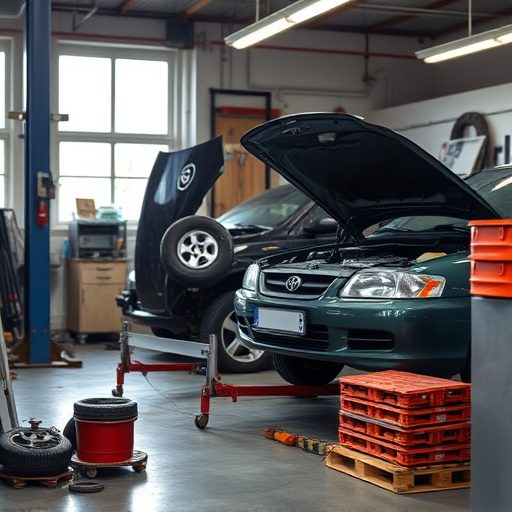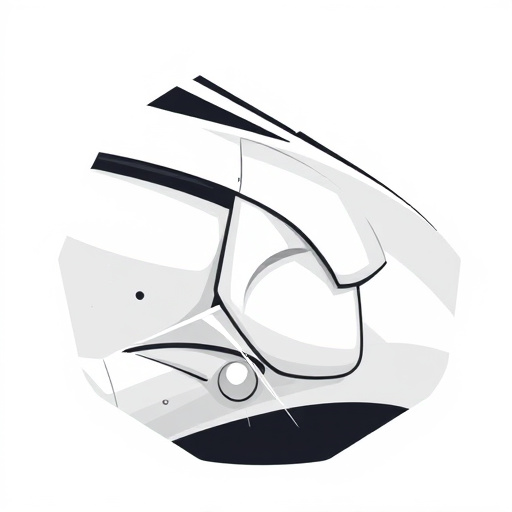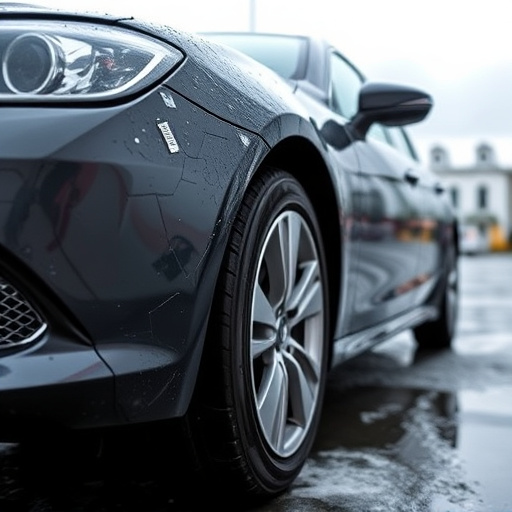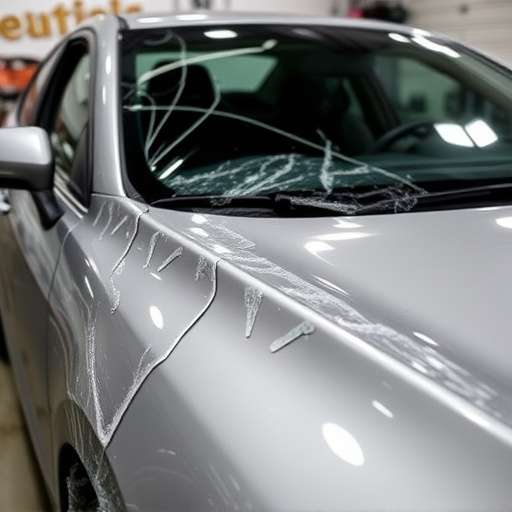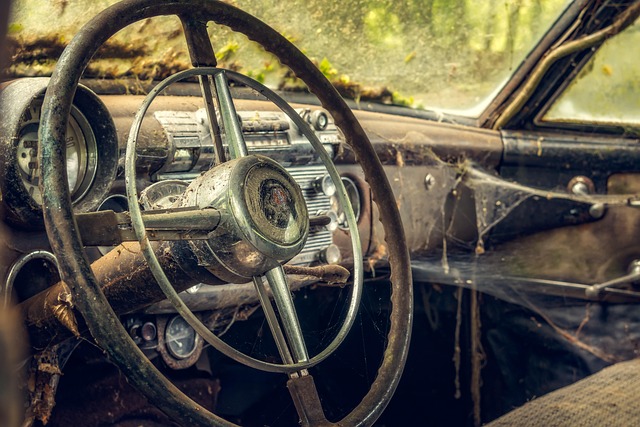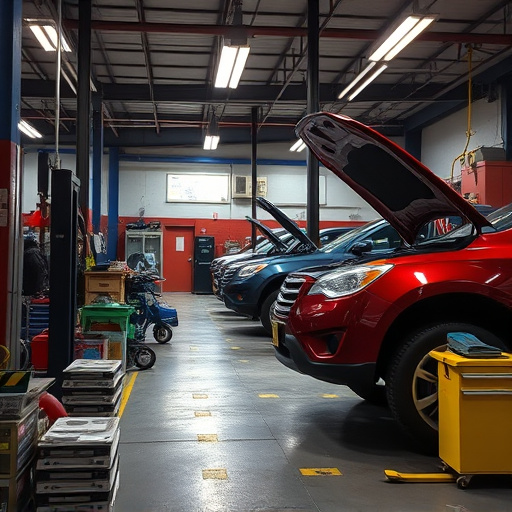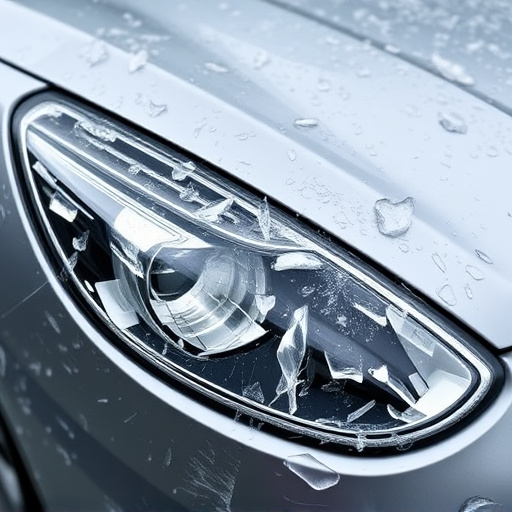Auto body fasteners, including screws, bolts (like high-strength steel), rivets, clips, and clamps, are vital for achieving precise panel alignment in automotive repairs and restoration. Their selection requires consideration of compatibility, material quality, stress resistance, installation ease, strength, and corrosion prevention. Best practices for installation include surface preparation, accurate placement guided by manufacturers, use of high-quality fasteners, and precision tools for consistent torque application.
Auto body fasteners are crucial for achieving seamless panel alignment in vehicle repairs. This article delves into the world of these essential components, exploring different fastener types and their unique functions. We guide you through the key factors to consider when choosing auto body fasteners for optimal alignment. Additionally, we provide best practices for installation, ensuring a secure fit that enhances the overall quality of your repair work.
- Understanding Auto Body Fastener Types and Their Functions
- Key Factors in Choosing Effective Fasteners for Alignment
- Best Practices for Installing Fasteners for Optimal Panel Fit
Understanding Auto Body Fastener Types and Their Functions
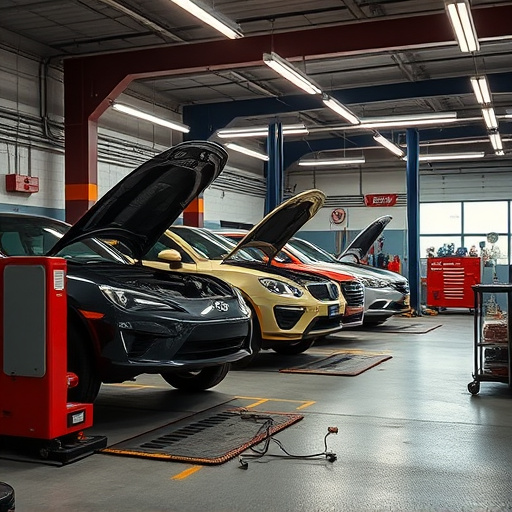
Auto body fasteners play a crucial role in ensuring seamless panel alignment during automotive repairs and restoration projects. These specialized hardware components come in various types, each designed for specific purposes. For instance, screws, bolts, and rivets are commonly used to secure car bodies, while clips and clamps serve to hold panels together temporarily before permanent fastening. Understanding these fasteners’ unique functions is essential when undertaking auto body services or car paint repair projects.
Different materials and designs make up these auto body fasteners, catering to diverse vehicle models and repair needs. For example, high-strength steel bolts provide robust security for structural components, while plastic clips offer lightweight alternatives suitable for interior trim applications. In automotive repair services, the right selection of fastener types can significantly impact the overall quality and durability of the repair, ensuring that the restored vehicle retains its original integrity and aesthetic appeal.
Key Factors in Choosing Effective Fasteners for Alignment
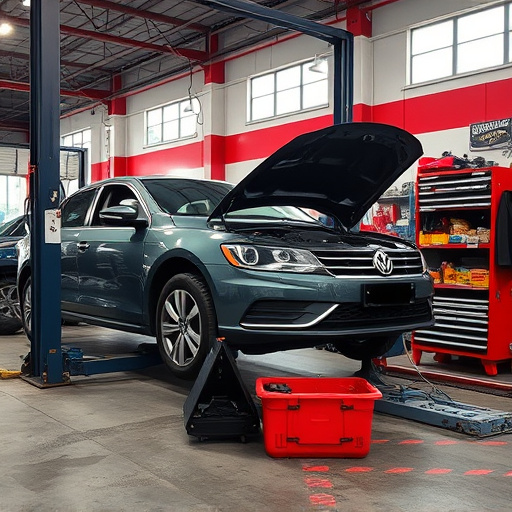
When selecting auto body fasteners for achieving seamless panel alignment, several key factors come into play. Firstly, the compatibility with your specific vehicle model is paramount. Different cars have unique designs and requirements, so using fasteners tailored to your make and model ensures optimal fit and performance. Additionally, the material and construction quality of these fasteners are crucial; they must be robust enough to withstand the rigours of automotive body work, including harsh weather conditions and frequent movement.
Another important consideration is the type of fastener chosen. Options range from traditional bolts and nuts to specialized clips and rivets. Each has its advantages in terms of ease of installation, strength, and resistance to corrosion. For instance, stainless steel fasteners offer superior rust prevention, ideal for those looking to maintain the pristine condition of their vehicle during automotive restoration projects or addressing minor car dent repairs.
Best Practices for Installing Fasteners for Optimal Panel Fit
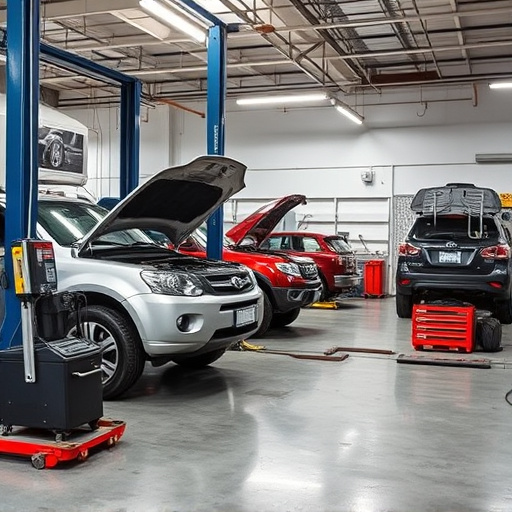
When installing auto body fasteners for seamless panel alignment, adhering to best practices is paramount. The initial step involves thoroughly cleaning and preparing the surface where the fasteners will be applied. Debris, dirt, and grease can compromise adhesion, so using a degreaser and ensuring the area is dry is essential. Proper placement of the fasteners is another critical aspect; following the vehicle’s manufacturer recommendations for spacing and angle ensures optimal fit.
Using the right tools and techniques further enhances the installation process. This includes utilizing high-quality auto body fasteners suitable for the specific panel and material, as well as employing precision tools like impact drivers or air guns for consistent torque application. At every step, maintaining accuracy and attention to detail is key to achieving seamless panel alignment, ultimately contributing to top-notch car bodywork services and a flawless finish in any auto body shop or collision repair shop.
Auto body fasteners are indispensable tools for achieving seamless panel alignment in vehicle repairs. By understanding different fastener types, considering crucial factors like material and thread design, and adhering to best installation practices, technicians can ensure optimal panel fit and structural integrity. Choosing the right auto body fasteners is a game-changer, fostering both precision and longevity in automotive craftsmanship.
